Drew Murray is hoping for a Republican comeback in Philly’s 2023 at-large City Council race
The former president of the Logan Square Neighborhood Association also wants to take his community leadership to a new level.
When Drew Murray first registered as a Republican in 2018, the then-longtime Democrat didn’t even know if there was an official party in Philadelphia.
“I thought I was going to run as an individual,” he told AL DÍA of his eventual first run for an at-large seat in 2019.
That was essentially what happened. When Murray found the party, he said he was immediately an outsider — with his Center City zip code raising many eyebrows among longtime ward leaders from Northeast and South Philadelphia.
“You’re only running to try to take one of those two seats,” Murray said he heard from many, referring to the two at-large seats on City Council reserved for minority parties, meant to bring some parity to a legislative body that has been overwhelmingly Democratic since the city’s most recent charter was signed in 1952.
Before 2019, the two seats had always gone to Republican candidates.
“You’re a Democrat,” was another accusation he heard.
They were scared, recalled Murray. Distrustful of his new face in their ranks that didn’t fit the longtime mold. But as he put it in 2023, he wasn’t the one to fear.
“They should’ve been fearful of Kendra Brooks,” said Murray, of the now Councilmember from the Working Families Party, which nabbed one of the two minority party seats from Republicans in 2019.
Councilmember David Oh barely kept his after receiving some last-minute support from the Democratic Party to hold off the other Working Families Party candidate, Nicolas O’Rourke.
The new, progressive players on the scene — both inside and outside of the Democratic Party – are a major reason for Murray’s switch.
At one point, he wasn’t always so disillusioned with Democrats.
Education as an upbringing
Murray was born into an Irish Catholic, Democratic family of educators. His mom was a real estate agent before working at Eastern and West Chester Universities, and his dad was a longtime teacher at St. Joseph’s Prep.
They were both born and raised in Germantown, but didn’t meet until after college. At the time, the dream of any young married couple was to move to the suburbs and get a big front yard, so that’s what they did and moved to Villanova to start their family.
That’s where Drew was born along with his four other brothers and sisters. But if you ask him, he was one of six on account of his sister giving birth to his niece when she was 16. It made Murray an uncle at the ripe age of 10.
School-wise, on account of his dad’s job and his family history at the school (his grandfather also went there), Murray knew he was going to St. Joseph’s Prep “in the womb.”
Going to The Prep introduced Murray to a number of things he would carry for the rest of his life. For one, it introduced him to Philadelphia and he learned to love the city — and its convenience — on his many bus rides down to Center City after school to catch the R5 back to Villanova from Suburban Station. Center City would also soon become the hangout spot for him and his friends on weekends.
Much later, it would become his home, where he’d raise a family.
St. Joseph’s Prep also instilled Murray with a Jesuit ideal, given it is run by Jesuits.
“You live your life as a man of others,” Murray said of the values he was instilled with. “I’ve always felt like I had to give back.”
The school made him do mandatory service hours, but Murray didn’t take that effort to another level until he moved back to Philadelphia after college. Rather than law school, Murray took up work at the Conshohocken-based O’Brien Systems, where he remains employed to this day.
A leader in Logan Square
He and his girlfriend (now wife) at the time chose to settle in Logan Square in 2004. From there, Murray’s community leadership began to blossom.
It started with founding the Friends of Coxe Park, a small enclave and playground situated off Cherry Street between 21st and 22nd streets in Logan Square. Under his leadership, Murray, his family, and a number of neighbors began taking care of the park by hosting monthly cleanups and making it a center of activity with movie nights and well-known, annual Halloween celebration. Murray still leads the group today, but said 2023 would likely be his last year.
From Coxe Park, Murray also joined the board of the Logan Square Neighborhood Association and would eventually be president for four years. That gave him his first taste of a job close to City Council, as he often interacted with his Councilmember — Council President Darrell Clarke — to provide input on zoning variances involving things as small as someone’s back porch to the Comcast Center, which is part of Murray’s neighborhood.
On a bigger neighborhood scale, Murray also chairs the Philadelphia Crosstown Coalition, which brings neighborhood associations from across the city together to share resources and collaborate on solutions to problems.
“That’s a part-time job,” he said of his many experiences leading a registered community organization (RCO), and it was back in Logan Square where he got encouragement to take his leadership to yet another level.
He also liked the work, and gained recognition from developers across the city for his willingness to hear out their projects and work with them to figure out a plan.
“Development is good,” was often his approach, and “people thought I was a great leader.”
“And so I thought: ‘I want to take that to City Hall,’” said Murray.
What they didn’t expect at the time, was him to switch his allegiance to the Republican Party.
Changing allegiances
In Murray’s mind, the Democratic Party no longer “represents the middle class.” His evidence is progressive policies put in place by Philly City Hall in recent years that have added taxes, raised taxes and are what he called “anti-development.”
“If that’s what Democratic voters wanted for their party, that’s fine, but it wasn’t me,” he said.
Murray is a self-described “moderate,” something he said he believes could be used to describe most residents of Philadelphia. His favor of the Republican party is rooted in free market capitalism, small government and Ronald Reagan.
“I think for myself,” said Murray. “No one will ever call me ‘far right’ or ‘far left.’”
That stance in the middle has also brought ire from his own Republican Party, particularly surrounding the 2020 election.
“I’m not an election denier,” he said.
In regards to Act 77, which expanded mail-in voting in Pennsylvania ahead of the 2020 election, Murray also said he believes “it’s here to stay.”
“And by the way, Republicans are the ones who passed it in the House and Senate here in Pennsylvania,” he said.
Rather than fight the act and past election results, Murray thinks the Republican Party needs to move on and adapt, or risk further damaging its chances at victory in future elections. He cites the many Republican voters he encounters while canvassing that have told him they won’t vote because they think it will be stolen by Democrats, especially through mail.
“Tell people to vote, however they’re going to vote,” is his approach.
“2023 was always the long goal”
Despite the messaging issues, Murray still has hope in 2023 as a Republican running for an at-large seat in Philadelphia. For one, he’s one of the two endorsed party candidates — a far cry from the longshot he was in 2019. His other hope is for a shift in some working class, union votes on account of the “anti-development” policies he says were enacted by City Hall in recent years.
“2023 was always the long goal,” said Murray. “I’m looking forward to being in a race I can win and expect to win.”
RELATED CONTENT
It’ll also be his fourth race for office — having lost in 2019 and also in a race against then Rep. Brian Sims for a PA House seat in 2020. Him and fellow Republican endorsee Jim Hasher also ran in the special election of 2022, but lost out to Councilmembers Jimmy Harrity and Sharon Vaughn for the at-large seats.
Despite a crushing defeat, Murray noticed he and Hasher scored around 80,000 votes in the election — more than far-right gubernatorial candidate Doug Mastriano got in Philadelphia, and more importantly for Murray, more than Brooks and Oh got in the 2019 city general election to grab the minority party at-large seats.
Now, time will tell whether the 2023 turnout in Philly is the same as what it was in the 2022 midterms. Historically, municipal elections in Philadelphia get the lowest turnout. For example, 47% of registered voters in Philadelphia turned out in the 2022 midterms, while only 28% turned out for the municipal elections for Philadelphia in 2019, when Brooks and Oh were elected.
Quality of life on top
On the issues, at the top of Murray’s list is quality of life, which encompasses things like public safety, gun violence, and the opioid crisis.
“It’s the only issue,” said Murray of public safety in the 2023 cycle.
When talking about his own experience, he touched on both the prevalence of dirtbike and ATV riders that often roam parts of the city without obeying street signs or lights, and the murder of 14-year-old Nicholas Elizalde, who was gunned down after a scrimmage at Roxborough High School.
In regards to the former, Murray referenced an op-ed he penned in Broad and Liberty that recounted a friend’s almost fatal encounter with an ATV rider that pulled a gun and started shooting at his friend’s vehicle after a minor collision. On the whole, the piece takes aim at District Attorney Larry Krasner for his office’s approach to lower level crimes.
“When you basically ignore crime at lower levels, it’s going to trickle up and it’s going to become more serious,” Murray told AL DÍA.
He did not, however, have an immediate answer to the issue of dirtbike and ATV riders roaming the city, citing issues with safety if police were to pursue. Murray did say the adults leading the children to ride should take precedence when it comes to who would be targeted by law enforcement.
The latter murder of Elizalde hit close to home because Murray used to play football, and Roxborough High was a frequent venue for The Prep.
When pressed on the issue of gun policy, Murray said he supported more common sense gun laws being passed at the state level, but did not think Philadelphia should get the power to enact its own.
“It makes sense, but Philadelphia will take them to the next level,” said Murray before citing the soda tax as a way the city got around the limit it could tax residents.
For the opioid crisis, Murray said state and federal aid was needed to make any kind of meaningful change, and suggested bringing in the National Guard to areas like Kensington “to have a presence.” The hope, he said, would be to empower the police to “do their jobs” and target those fueling the open-air drug markets.
“I’m not looking to arrest people who are trapped in the cycle of addiction,” Murray said of the vulnerable, unhoused population that’s often associated with Kensington. “I’m looking to arrest every drug dealer and put them in jail.”
A Philly tax revamp
Another major point of Murray’s campaign is tax reform.
“We need to revamp the entire tax system,” he said.
That includes doing away with things like the soda tax and the gross revenue portion of the BIRT Tax, while gradually reducing the wage tax and real estate transfer tax, so both don’t represent such large portions of the city’s overall annual revenue.
In their place, Murray said he supports the idea of zero-based budgeting, which would make city departments start at zero when calculating their annual budgets rather than gradually seeing annual increase or decrease based on the year before.
“We have to find the waste in Philadelphia,” said Murray.
The 2023 general election in Philadelphia will take place on Nov. 7, 2023.

This article is a part of Every Voice, Every Vote, a collaborative project managed by The Lenfest Institute for Journalism. Lead support is provided by the William Penn Foundation with additional funding from The Lenfest Institute, Peter and Judy Leone, the John S. and James L. Knight Foundation, Harriet and Larry Weiss, and the Wyncote Foundation, among others. To learn more about the project and view a full list of supporters, visit www.everyvoice-everyvote.org. Editorial content is created independently of the project’s donors.


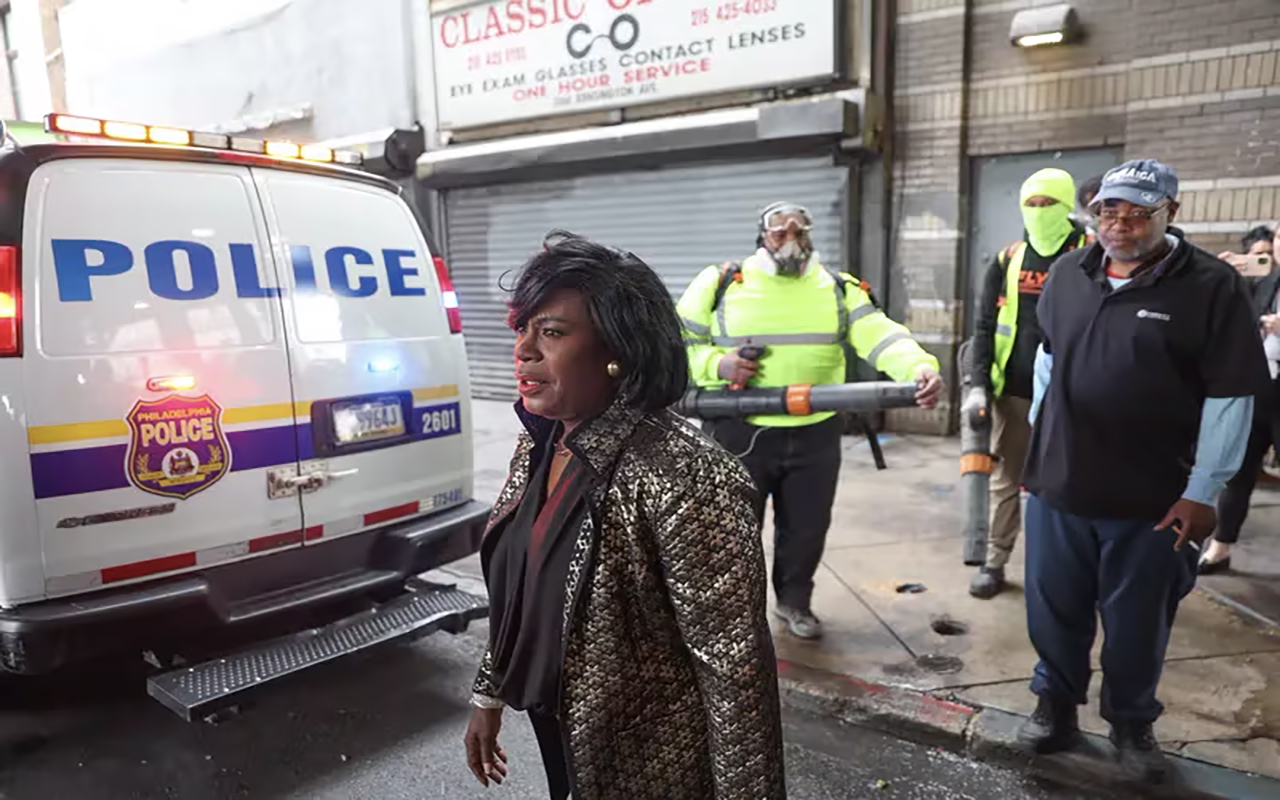
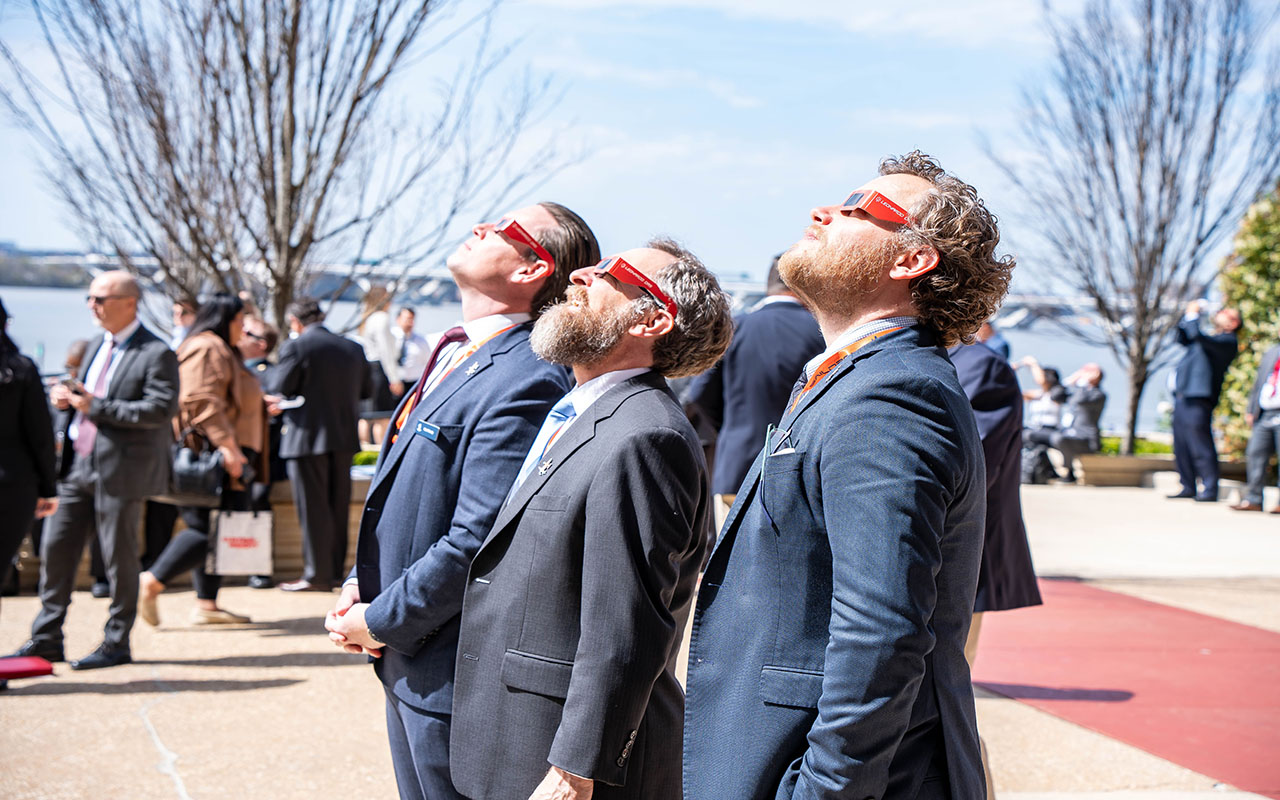
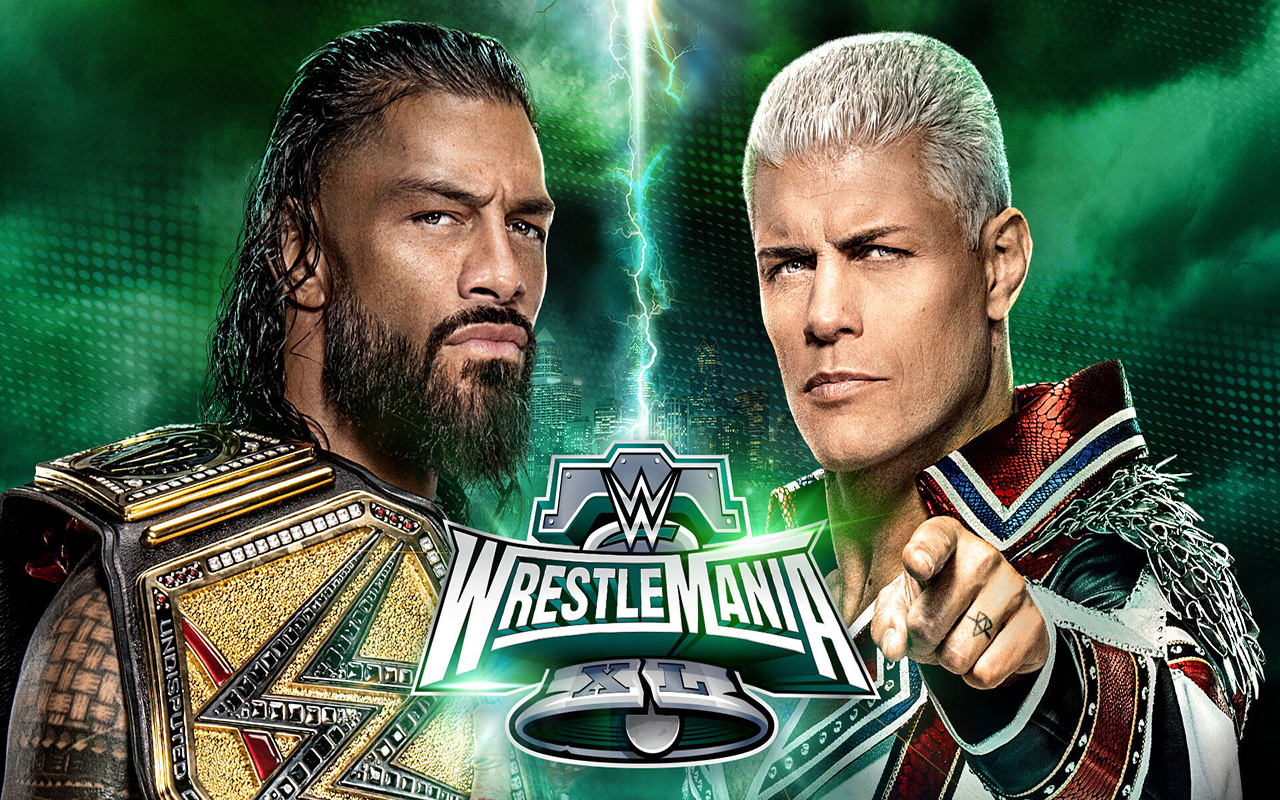
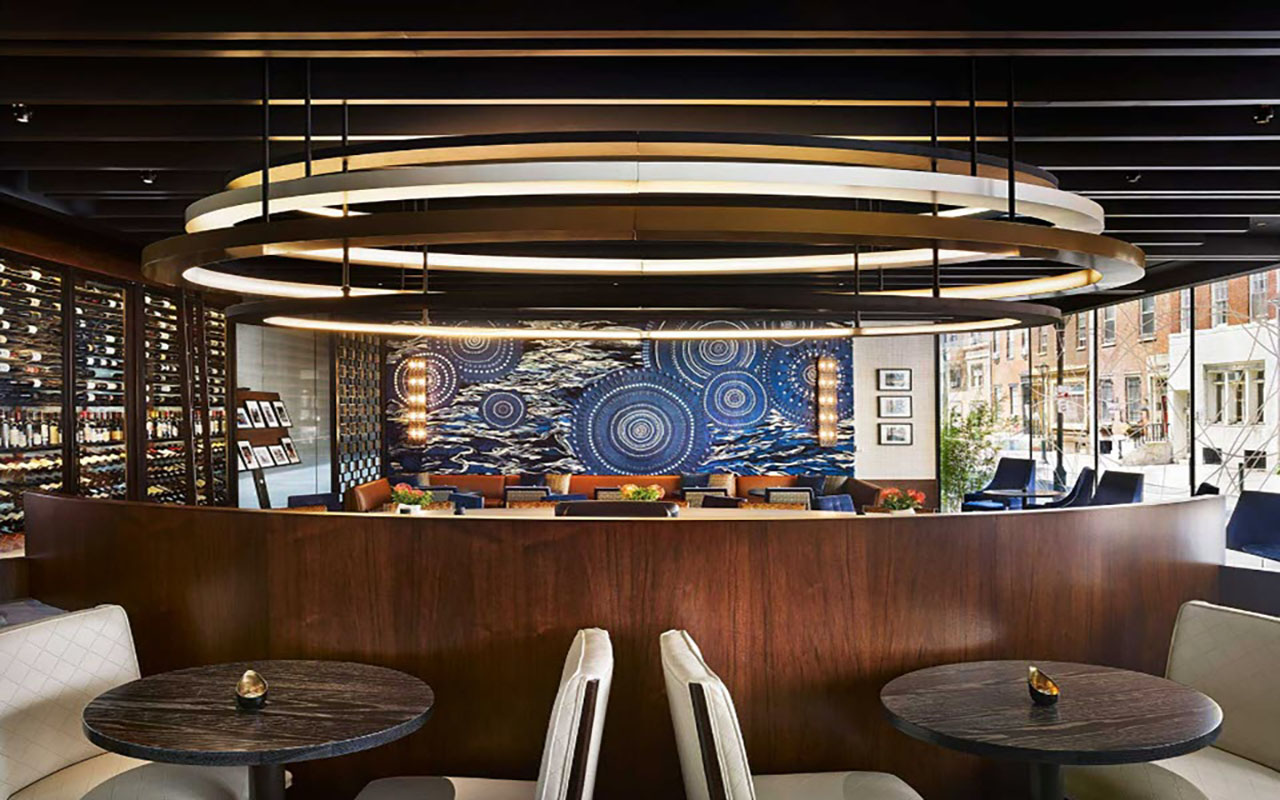
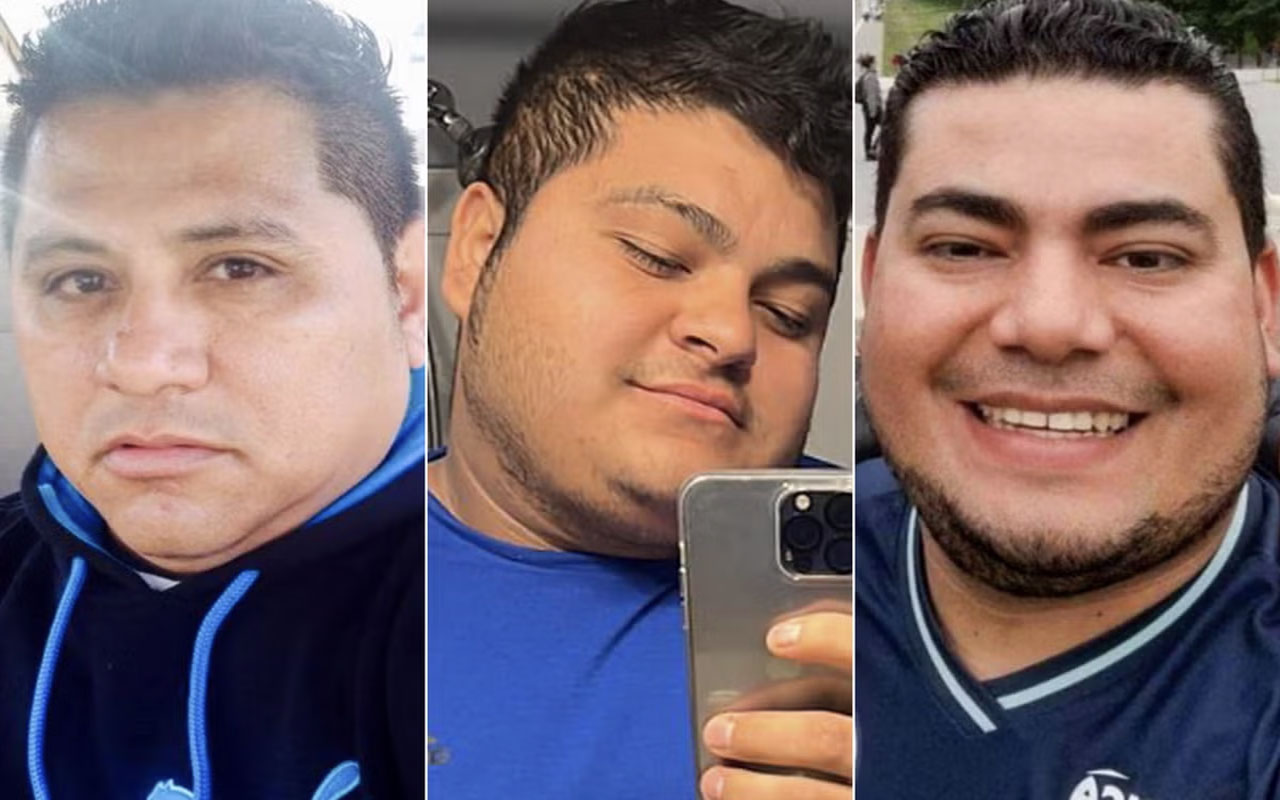
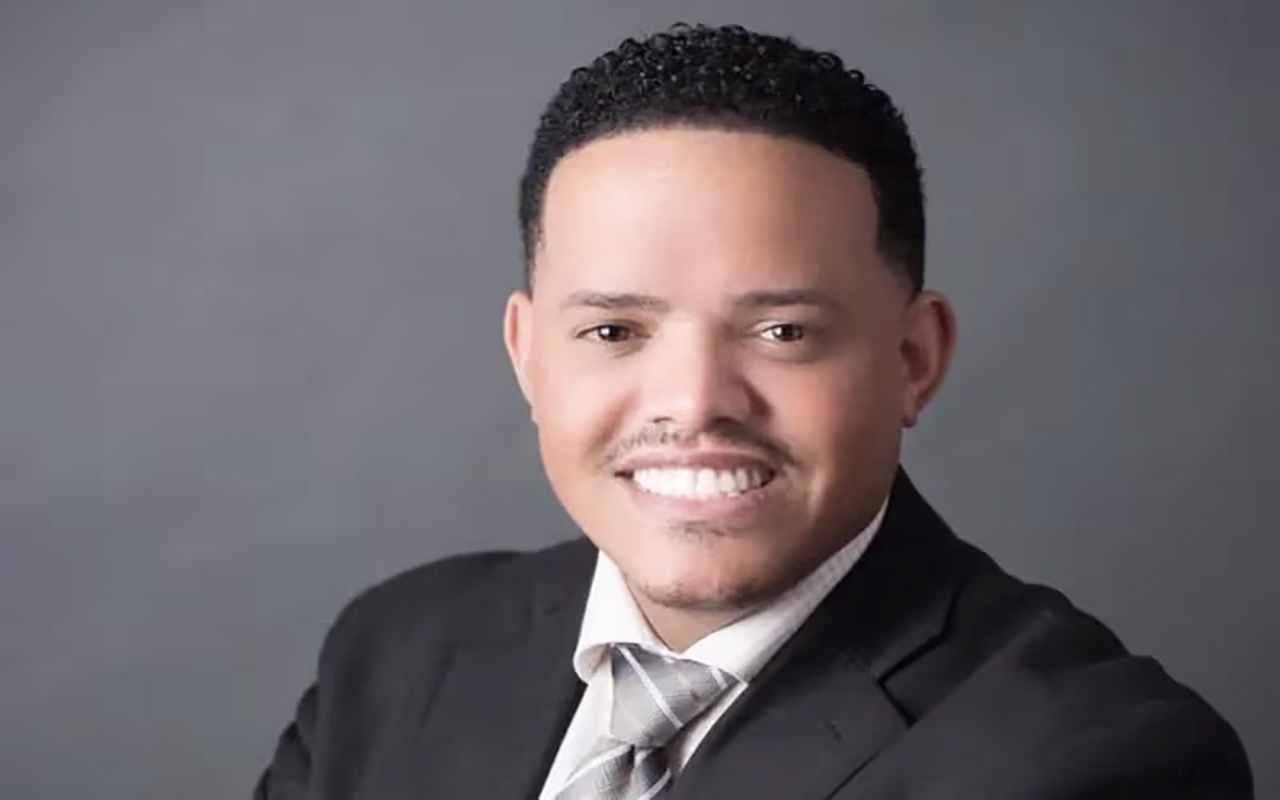
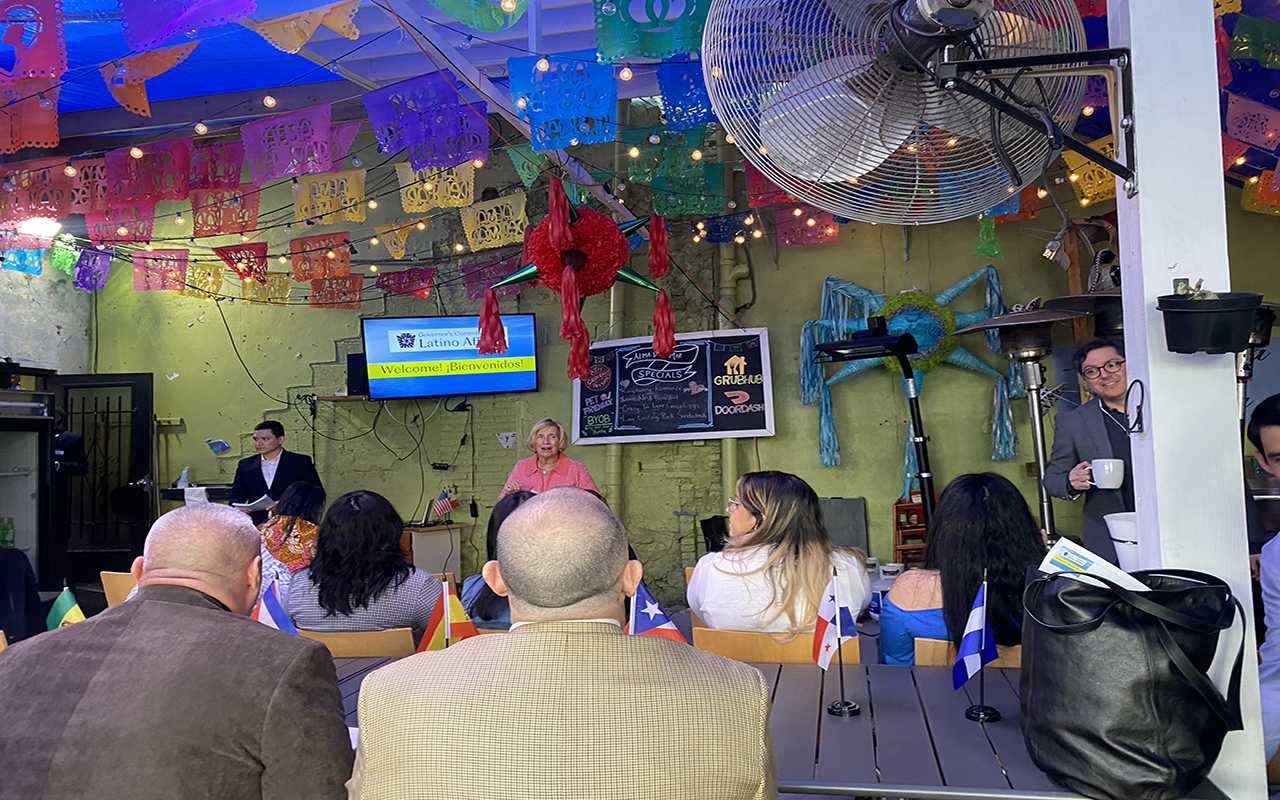
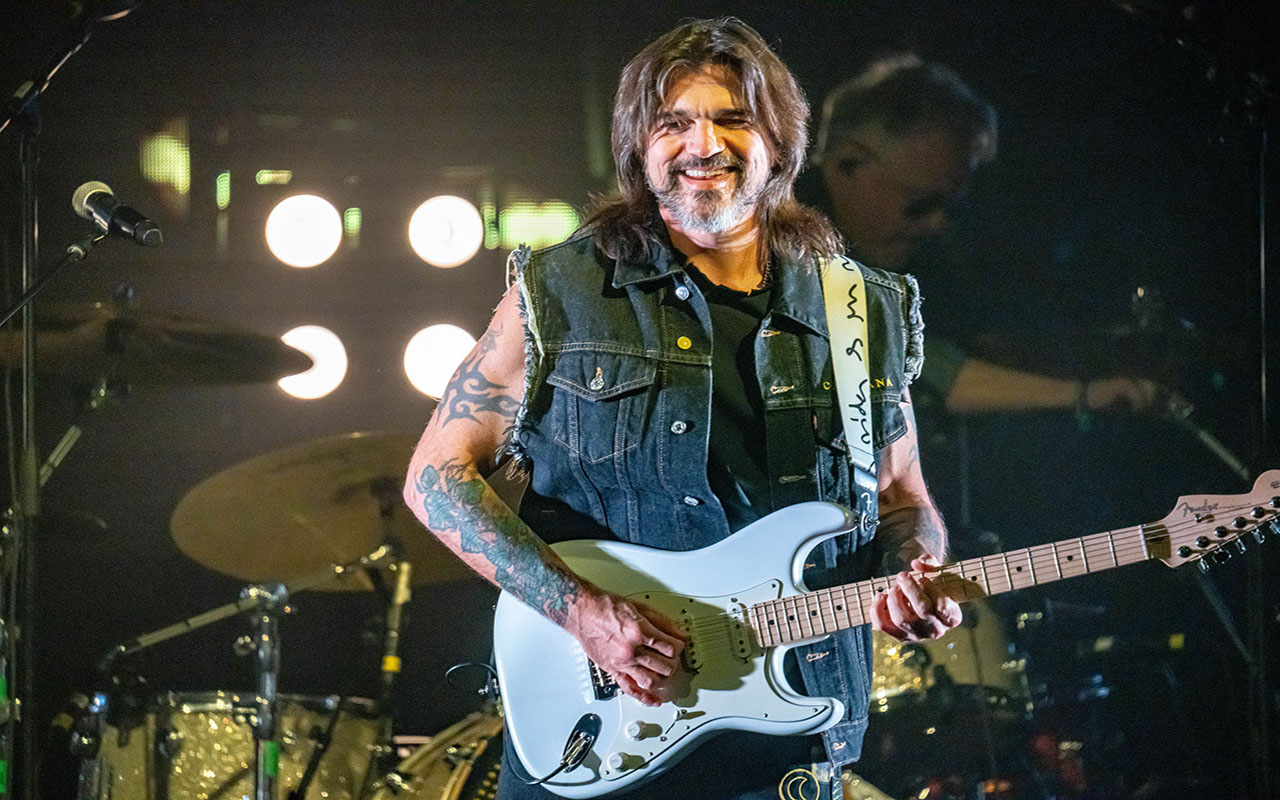

LEAVE A COMMENT:
Join the discussion! Leave a comment.